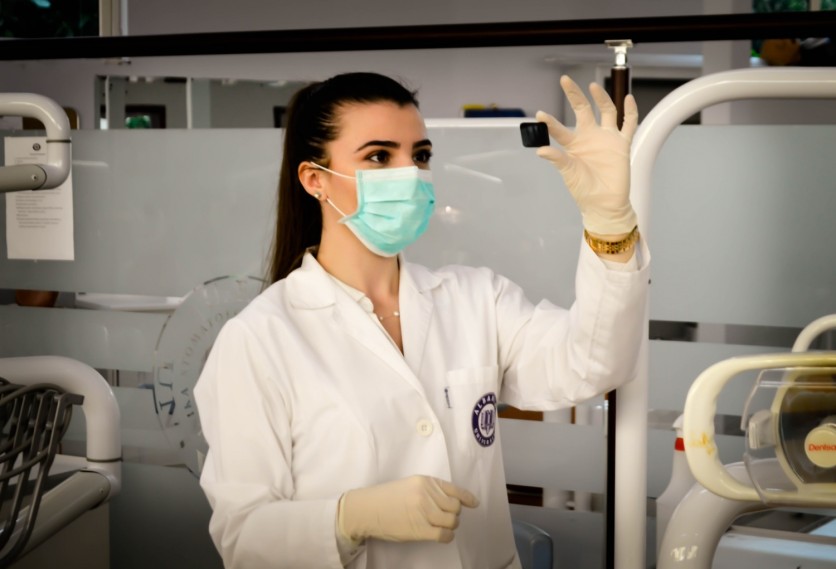Insilico Medicine, a well-funded biotech startup based in Hong Kong, has made a groundbreaking leap in the pharmaceutical industry by developing the first drug entirely generated by artificial intelligence (AI) and initiating clinical trials with human patients.
The Focus of AI-Generated Drug

Dubbed INS018_055, the drug is designed to treat patients suffering from idiopathic pulmonary fibrosis (IPF). Up to this day, the exact cause of why it appears is not yet determined, but it is likely triggered when the cells in the air sacs are exposed to viruses.
In the US, roughly 100,000 people have this condition. If left untreated, it can deteriorate the patient's body which might increase its risk of mortality.
AI-Generated Drug is Undergoing Clinical Trial For the First Time
In a report by CNBC, Insilico Medicine's CEO, Alex Zhavoronkov, expressed the significance of this achievement, highlighting that their drug is the first to undergo Phase II trials with patients and stands out by having both a novel AI-discovered target and a novel AI-generated design.
The drug development process began in 2020, driven by the goal of creating an innovative treatment for IPF that could overcome the limitations and side effects associated with current therapies.
The Qiming-backed biotech startup has focused on IPF not only due to its prevalence but also because of its implications in the aging process. Additionally, the company has two other drugs in the clinical stage, one for Covid-19 and another for the treatment of solid tumors, further demonstrating the potential of AI in drug development.
Because of the company's dedication to delivering a breakthrough AI discovery, it came up with this advancing AI-driven drug.
Zhavoronkov admitted that when the company was established, its primary focus was on developing algorithms and technology for molecule discovery and design. However, they recognized the importance of validating their AI platform by bringing their own AI-generated drugs into clinical trials. This is to test if the technology is efficient enough for human use.
According to Insilico Medicine, the human trial will last for up to 12 weeks in China. It's a placebo-controlled experiment that is also double-blind and randomized at the same time.
Pushing Towards Phase III Trial
The startup plans to expand the trial to involve 60 subjects across 40 sites in the U.S. and China.
If the Phase II study yields positive results, it will progress to further investigations with larger participant cohorts, potentially leading to Phase III trials involving hundreds of individuals.
While the exact timeline for future phases is challenging to predict, Zhavoronkov is optimistic about the drug's future prospects. He anticipates obtaining results from the Phase II trial next year and envisions the drug being ready for market within the next few years, offering hope to patients who may benefit from this innovative treatment approach.
Insilico Medicine's groundbreaking achievement not only demonstrates the potential of AI in drug development but also opens doors for new possibilities in addressing complex medical conditions.
The successful progression of AI-generated drugs through clinical trials could pave the way for more efficient and effective treatments, revolutionizing the pharmaceutical industry and benefiting patients worldwide.
Recently, Forbes reported that Insilico has filed for a Hong Kong IPO.

ⓒ 2026 TECHTIMES.com All rights reserved. Do not reproduce without permission.




